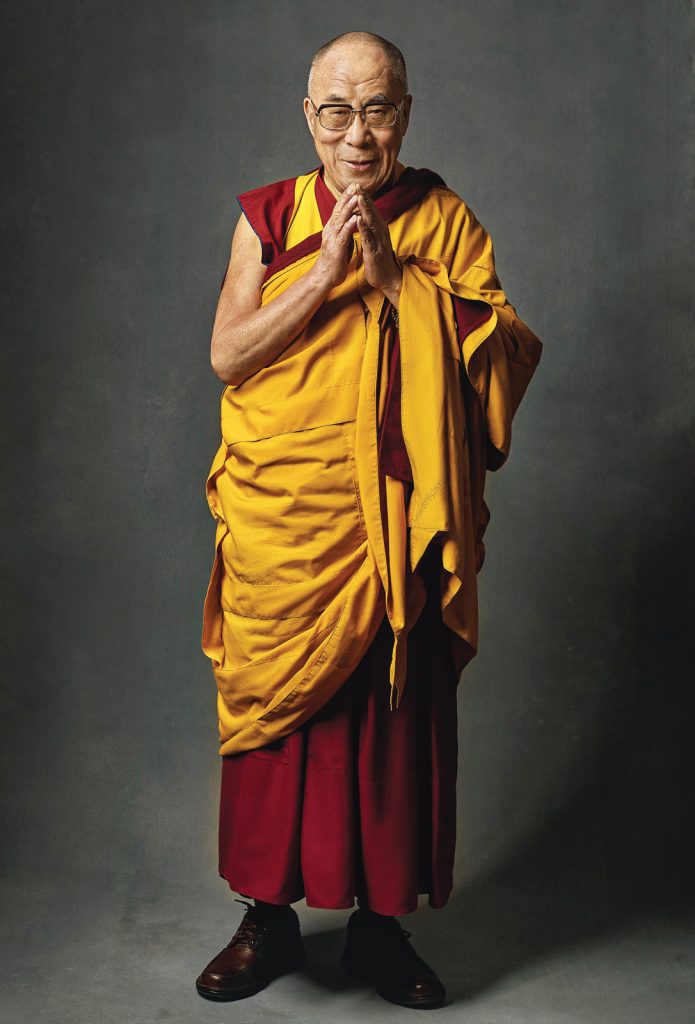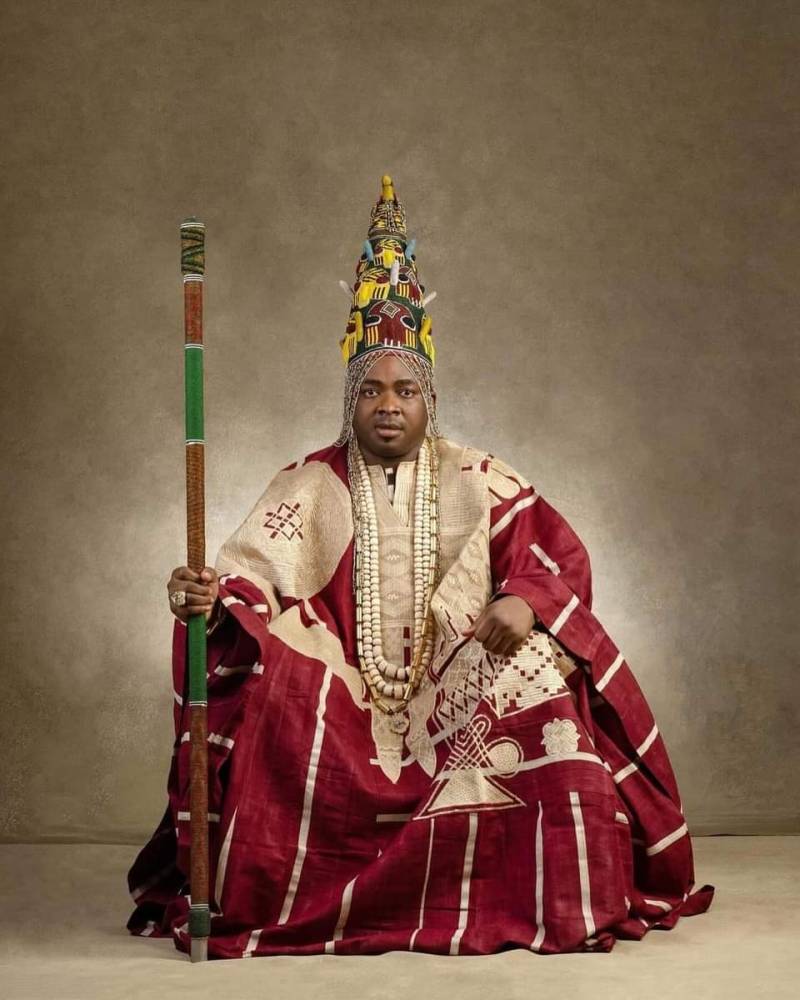In a profound and reassuring statement to millions of followers worldwide, the Dalai Lama has declared that he will not be the last spiritual leader of Tibetan Buddhism. This assertion, which comes amid growing concerns about the future of Tibetan Buddhist leadership under increasing Chinese pressure, offers hope and clarity to a tradition that has spanned centuries. Speaking during a recent public appearance, the 14th Dalai Lama, Tenzin Gyatso, emphasized the resilience and enduring nature of Tibetan Buddhism. "The lineage of the Dalai Lamas will not end with me," he affirmed. "The Tibetan people and our spiritual traditions are strong and will continue long into the future."

Read Also: Uphorial Sweatshirt

The Dalai Lama, now 89 years old, has been the spiritual face of Tibetan Buddhism since 1940 and a global symbol of peace, compassion, and nonviolent resistance. He fled to India in 1959 following the failed Tibetan uprising against Chinese rule and has since lived in exile. Despite his displacement, the Dalai Lama has remained an influential advocate for Tibetan autonomy and cultural preservation, traveling worldwide and engaging in interfaith dialogues and humanitarian efforts. One of the most contentious issues surrounding the future of Tibetan Buddhism is the question of its reincarnation. In Tibetan Buddhist tradition, the Dalai Lama is believed to be the reincarnation of Avalokiteshvara, the Bodhisattva of Compassion. The search for the next Dalai Lama typically begins after the current one’s passing, a process that can take years and involves a combination of spiritual rituals, visions, and signs.
However, China has long asserted its authority over the reincarnation process, even enacting laws in 2007 requiring government approval for all reincarnations of Tibetan lamas. This move has been widely criticized as an attempt to control Tibetan religious institutions and suppress spiritual autonomy. The Chinese government insists that the next Dalai Lama must be chosen within its borders, an approach that contradicts centuries of Tibetan Buddhist practice and the wishes of the current Dalai Lama himself. In response to these developments, the Dalai Lama has previously suggested that he may break from tradition. He has floated the possibility of being reincarnated outside of Tibet or even ending the institution of the Dalai Lama altogether if it no longer serves its spiritual purpose. Yet, his latest vow confirms that he believes the lineage must continue for the sake of Tibetan identity and global peace.
Analysts see this as a strategic and spiritual statement aimed at ensuring that the leadership of Tibetan Buddhism remains in the hands of the Tibetan people. It is also a message to younger generations: that faith, compassion, and resistance against oppression must endure. “The true source of leadership is not position or power,” the Dalai Lama said, “but the commitment to serve humanity with wisdom and compassion.” His statement also comes at a time when the international community is increasingly concerned about religious repression in Tibet. Human rights organizations have documented a range of issues, including restrictions on religious gatherings, the demolition of monasteries, and the forced assimilation of Tibetan culture.
This announcement reassures the global Tibetan community and allies of the movement that the spiritual flame will not be extinguished. The Dalai Lama’s words serve not only as a declaration of continuity but as a call for collective responsibility to preserve and protect the sacred teachings of Tibetan Buddhism. As the world waits to see how this promise unfolds, one thing is certain: the legacy of the Dalai Lama — grounded in compassion, peace, and resilience — will continue to inspire future generations across the globe.



